Welcome back to The Language Classroom! In our last lesson, we decoded the digital chatter between computers. But today, we’re zooming in on something much closer to home—those adorable, puzzling, and surprisingly clever conversations happening in living rooms and preschools all over the world. Yep, we’re talking toddler talk – the fascinating language of young children.
It’s messy. It’s magical. And it’s a lot more meaningful than you might think.
What Is “Toddler Talk,” Really?
Before children can form full sentences, they go through a whirlwind of language development stages. It starts with sounds, then babbles, and finally becomes the building blocks of language.
This toddler stage usually covers ages 1 to 3, when kids are:
- Learning to connect words to meaning
- Practicing how to make sounds
- Experimenting with grammar and word order
- Creating their own words for things they can’t say yet (think “baba” for bottle or “owwie” for anything slightly inconvenient)
And while it may sound like gibberish to adults, toddler talk is actually full of patterns, rules, and intention.
How Toddlers Learn to Speak
Language learning for toddlers is all about exposure, imitation, and interaction. Here’s how it usually unfolds:
1. Listening First
Babies hear language long before they speak it. By age 1, they’ve already been exposed to thousands of words just by listening to caregivers talk.
2. Babbling Practice
They test out sounds through babbling—“ba-ba-ba” and “da-da-da”—which helps them figure out how to move their tongue and mouth.
3. First Words
Most toddlers say their first real word around 12 months, usually something simple like “mama,” “dada,” or “no!” (Because of course.)
4. Word Explosion
By 18 to 24 months, many toddlers go through a language burst, where they start picking up new words daily—sometimes even several a day!
5. Two-Word Combos
At around age 2, toddlers start combining words: “Want toy,” “Me go,” “No sleep.” These early phrases may lack grammar, but they’re full of meaning.
Toddlers Have Their Own Rules
You might think toddlers are just copying what they hear, but they’re actually inventing grammar rules as they go. For example:
- Saying “goed” instead of “went” (they’ve noticed that many past tense verbs end in -ed)
- Calling all animals “doggie” at first (they’re still learning categories)
- Mixing up “you” and “me” (pronouns are tricky!)
This shows that their brains are actively creating language systems, not just memorising words. Pretty impressive, right?
Why Toddler Talk Matters
Understanding toddler talk helps us:
- Support healthy language development
- Identify speech delays early
- Appreciate how complex language learning really is
- Realise that playtime is also talk-time—and it matters!
Toddlers also teach us that language isn’t just about rules—it’s about connection. Even with a tiny vocabulary, they can express big emotions, needs, and ideas.
Fun Fact: Toddlers Around the World
No matter where a toddler lives, they follow the same basic language timeline, but the words they learn depend on the language around them. In Mandarin, babies might say “māma”; in isiZulu, “umama”; in Spanish, “mamá.” Different sounds, same idea. Love and connection are the heart of all early language.
And believe it or not, some toddlers grow up bilingual or even trilingual, switching between languages with ease before they can even tie their shoes.
Class Dismissed!
So next time you hear a little one mutter something halfway between a word and a song, lean in. They’re speaking the first lines of what could be a lifetime of beautiful language.
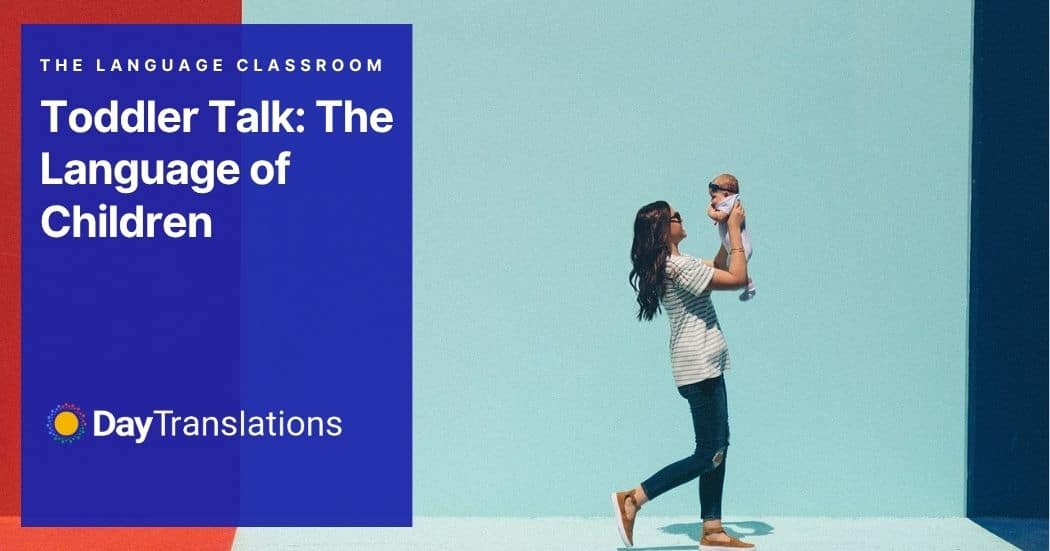
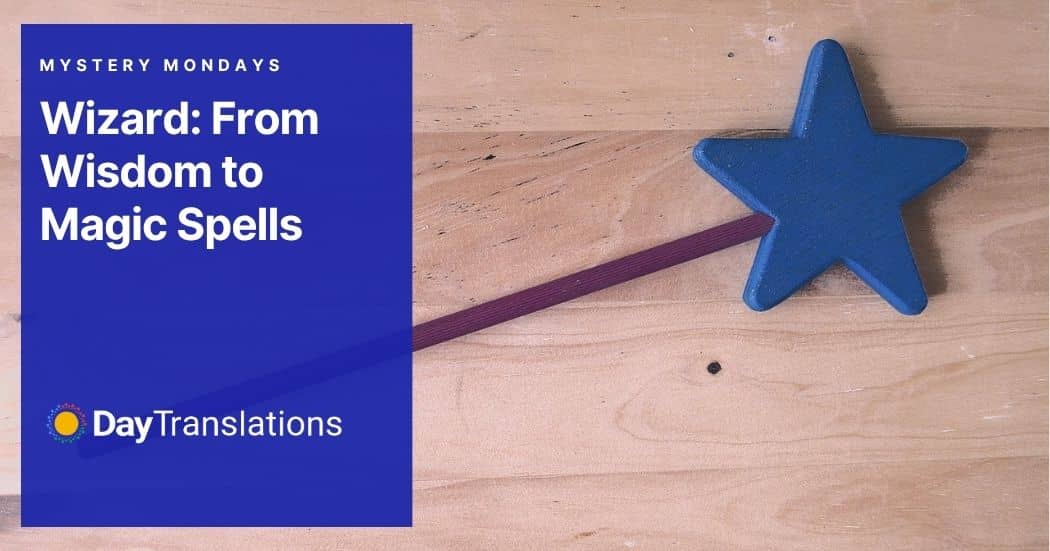
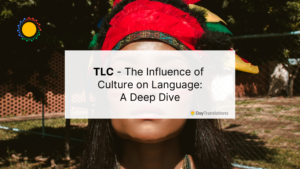
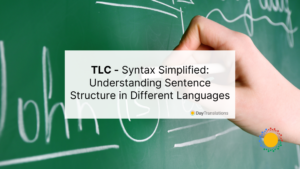
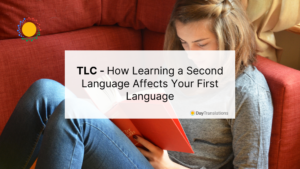







Sorry, the comment form is closed at this time.